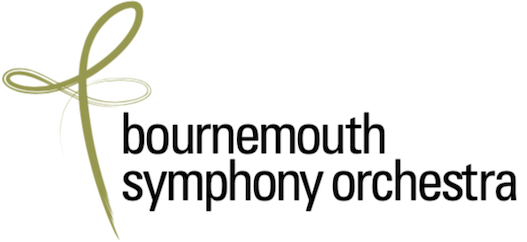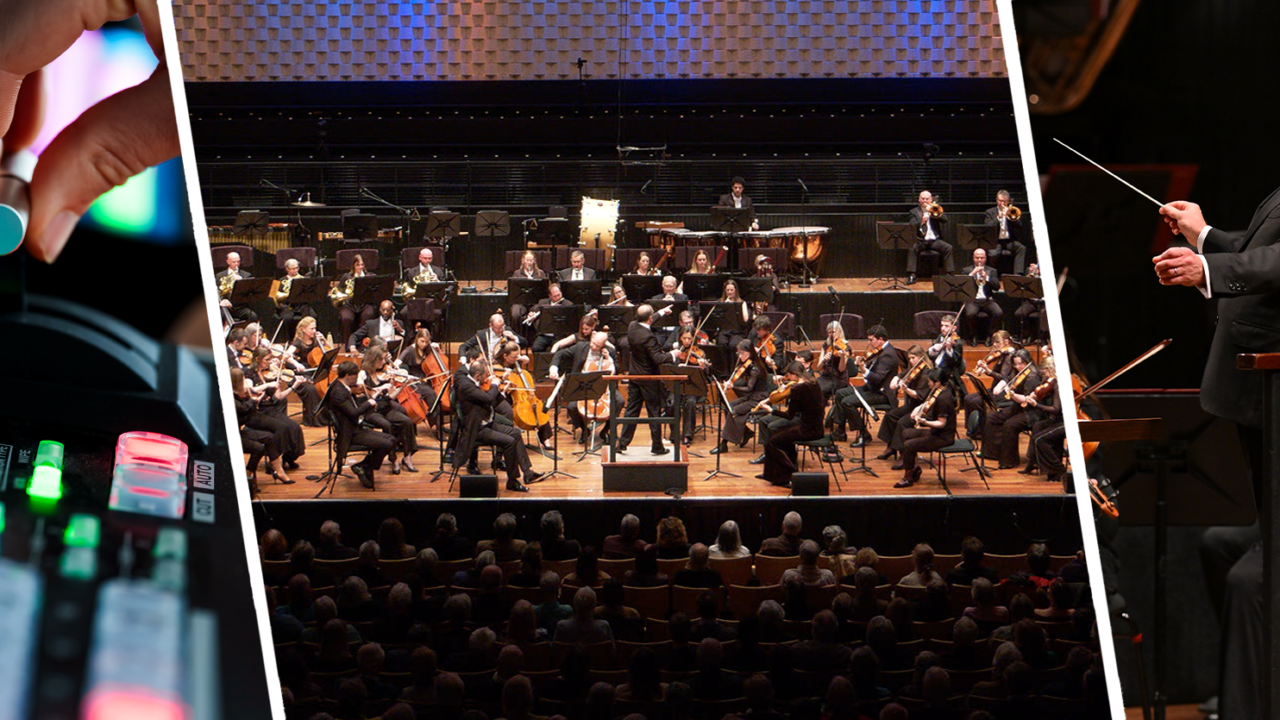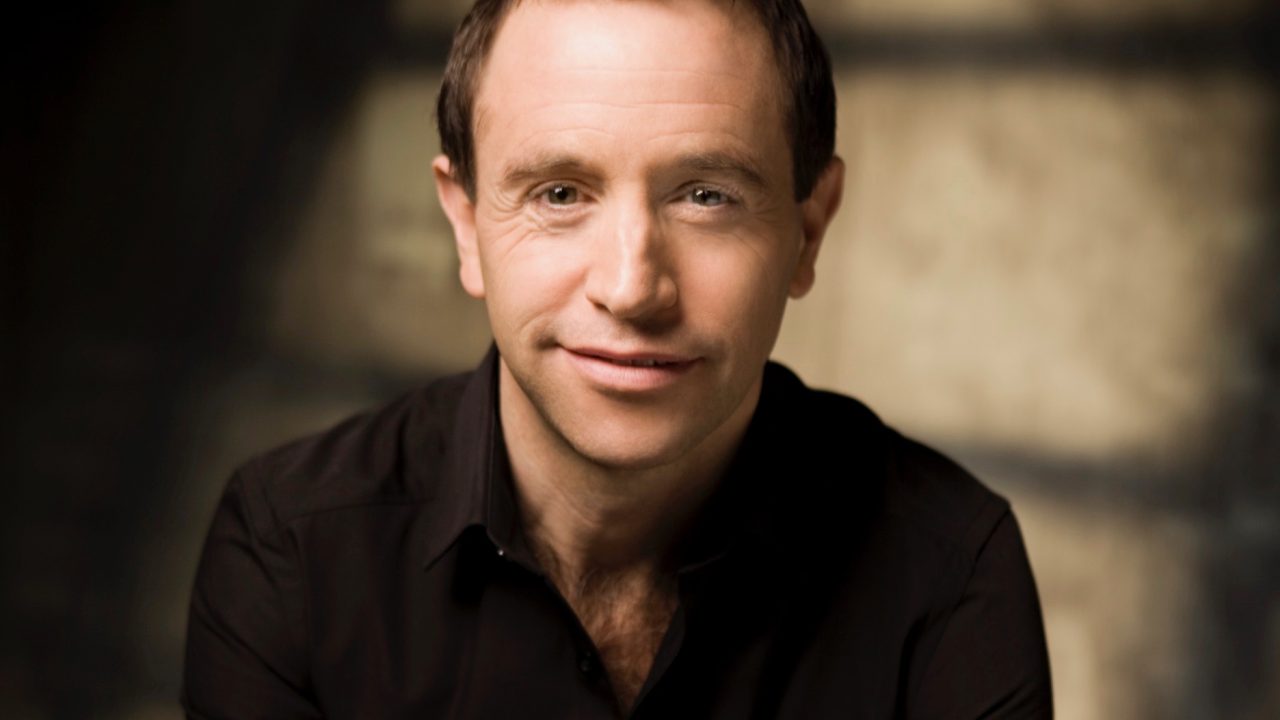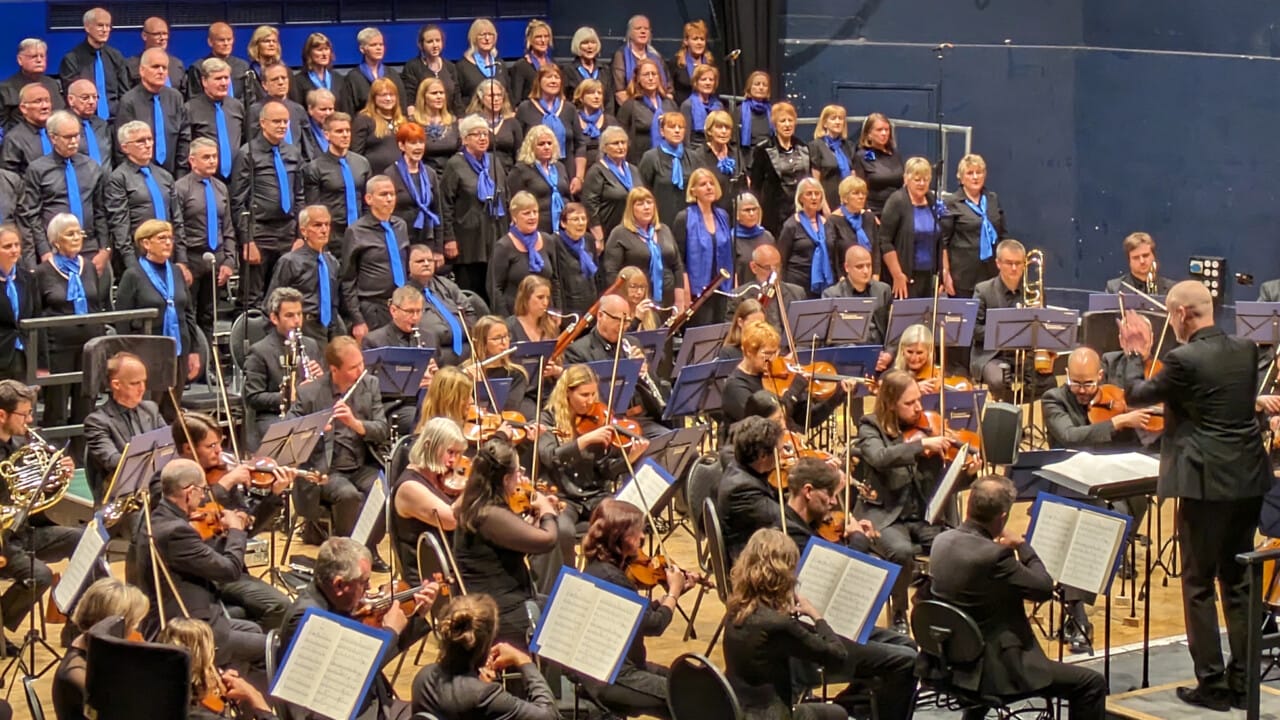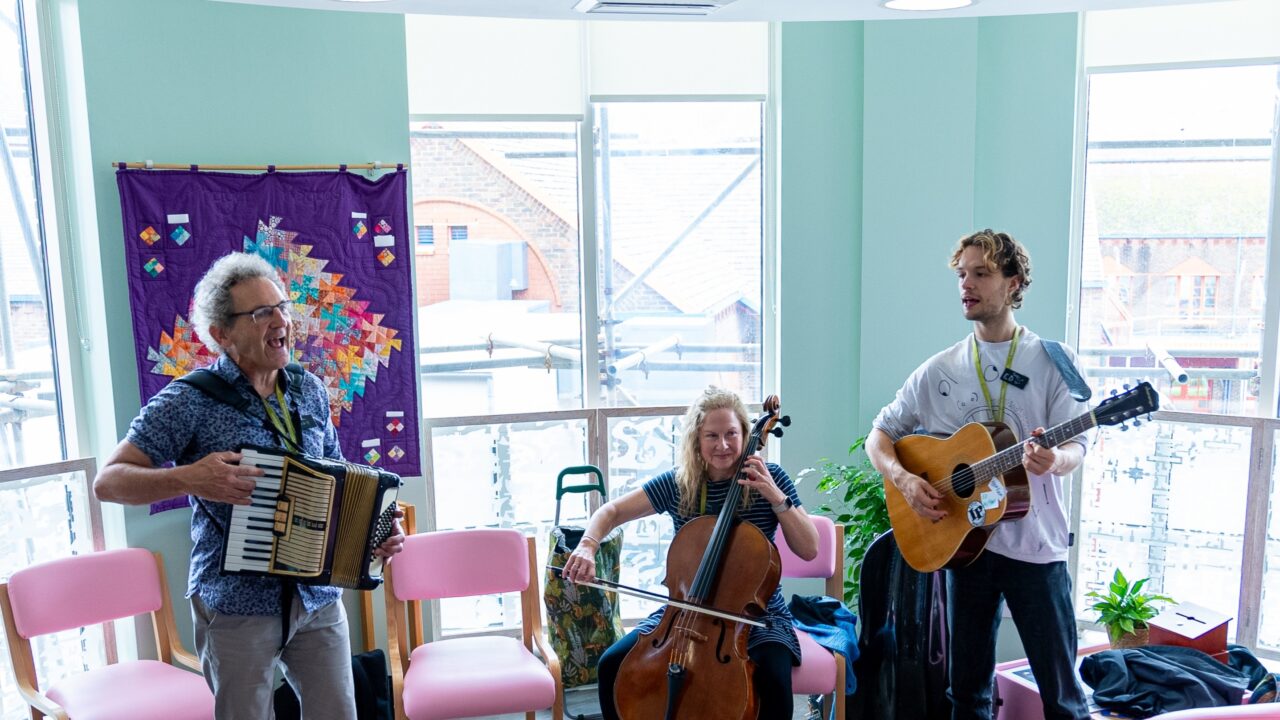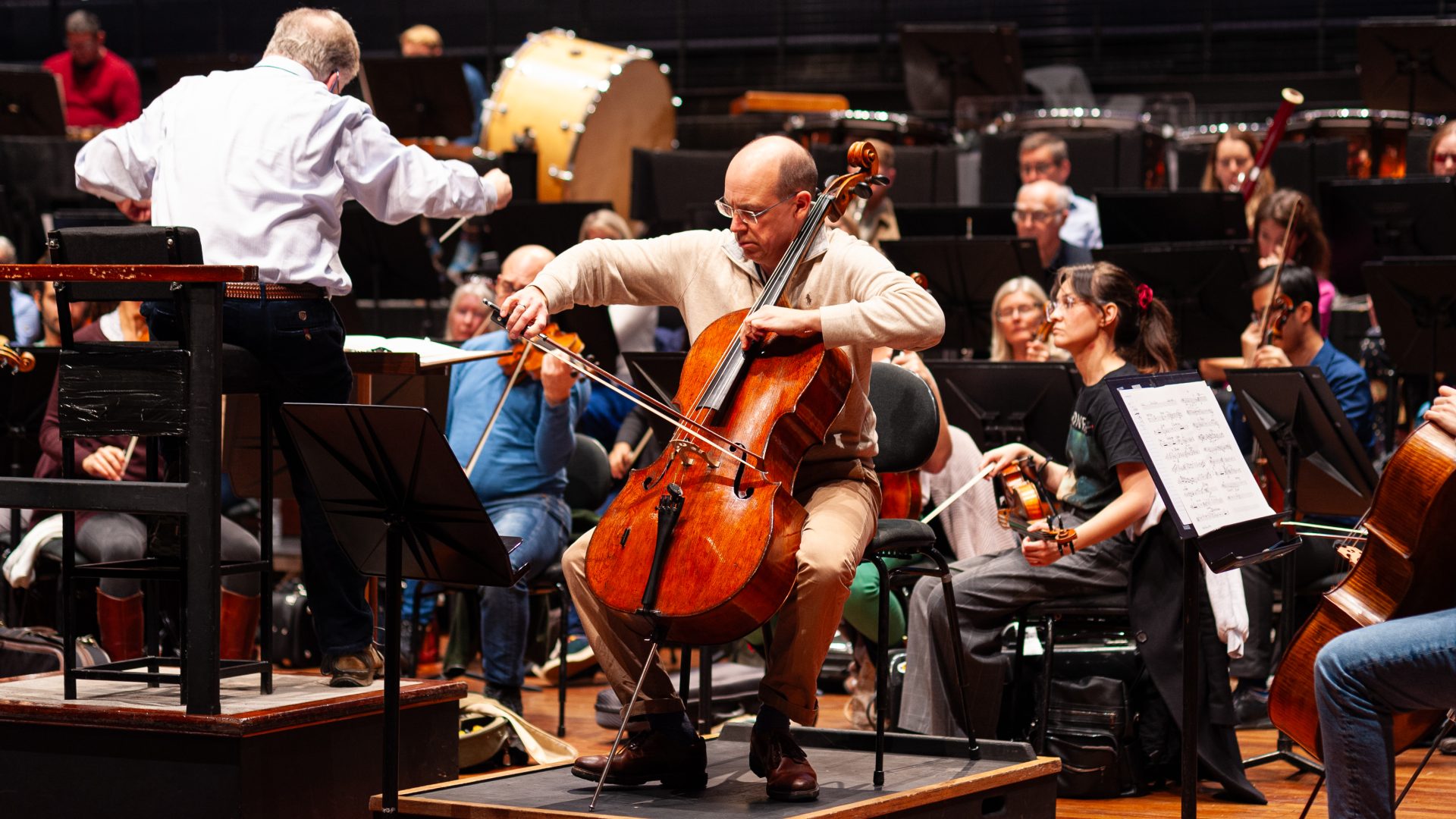The first half was a moving tribute to Gustav Holst, just a month or so after his 150th birthday. The Symphony in F: The Cotswolds was new to me, but proved imaginative, soundly-constructed and full of good tunes. It worked at many different levels – a romantic celebration, a nostalgic look at a rural Elysium, a picture of an English pastoral scene. And the fact that it was premiered by the Bournemouth Municipal Orchestra in 1902 gave it an added relevance.
David Hill’s meticulous conducting shaped it with care. He went on to balance together two further contrasting aspects of Holst’s musical personality in the warlike Mars from The Planets (very much worth hearing again after it appeared in the recent season opener) and the gentle Invocation for Cello and Orchestra. Mars remains a highly relevant depiction of war, while Invocation seemed the epitome of peace. The title is open to many interpretations, but Mr Hill, here accompanying the charismatic BSO principal cellist, Jesper Svedberg, made it sound like a demand for harmony and concord in our troubled times.
After the interval, the music of Holst’s great friend Ralph Vaughan Williams, came into focus. The orchestra accompanied the Bournemouth Symphony Chorus, together with Anna Devin, soprano, and Andrew Foster-Williams, baritone, in the hard-hitting cantata Dona Nobis Pacem – give us peace.
VW, who had suffered on the Western Front in World War One, wrote this in the late 1930s in response to the growing threat of another major European conflict. Though not a religious man in a conventional sense, Vaughan Williams borrowed from the Bible and church liturgy, as well as from Walt Whitman and various assorted sources to make this insistent cry for peace.
Anna Devin’s beautiful and pure soprano was miraculously appealing. Andrew Foster-Williams brought authority to his declamatory sections and clear communication in the Reconciliation movement. There was much for the Chorus to get into, as well, with sections of frightening militaristic bombast interposed with moments of spiritual reflection. They turned each corner with considerable composure.
With the BSO’s endless adaptability and attention to detail, this thrilling and moving performance contributed to most memorable evening. Though dealing with hatred and destruction, it was definitely love that won out at the end. If only people of violence throughout the world could have heard Anna Devin’s concluding appeal for peace how much better would be “this soiled world”.
Tom Wickson
To read about our celebrations of Holst’s 150 anniversary at Chichester Cathedral click here
